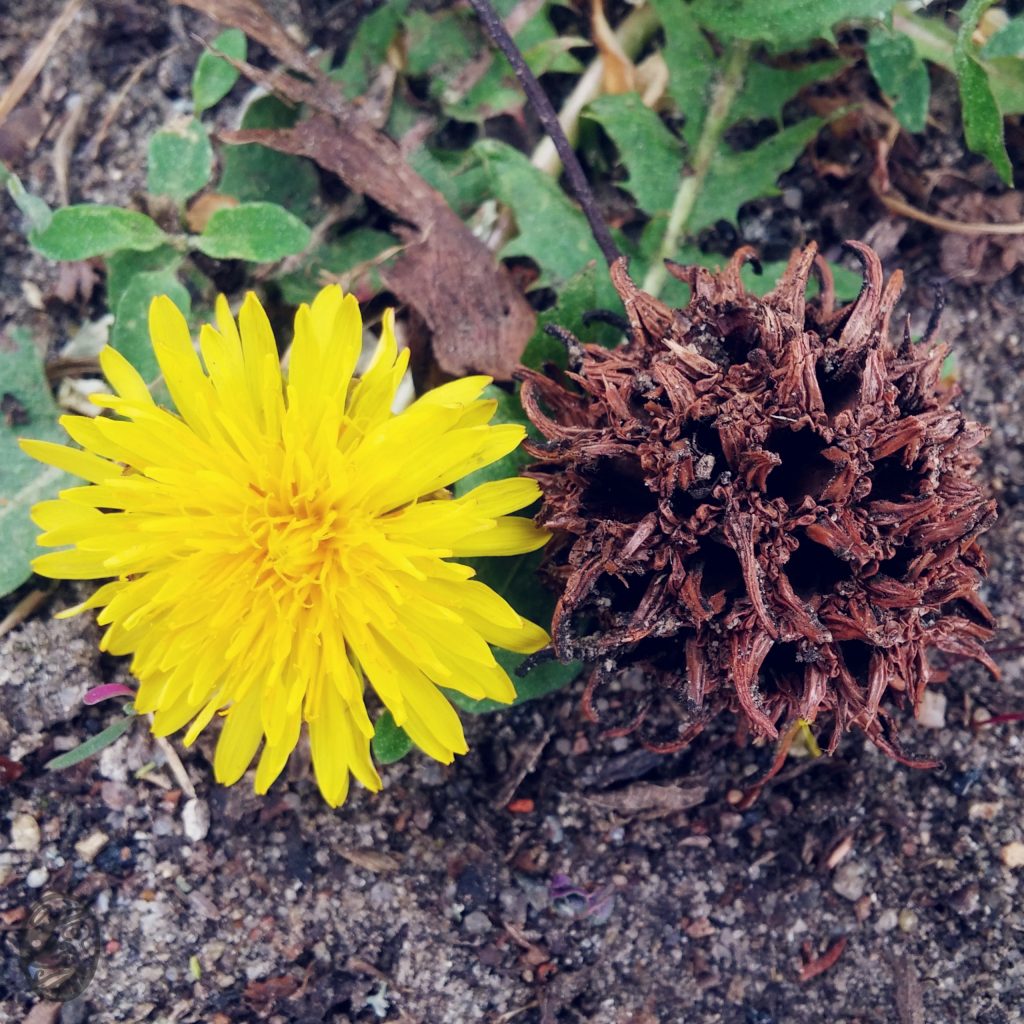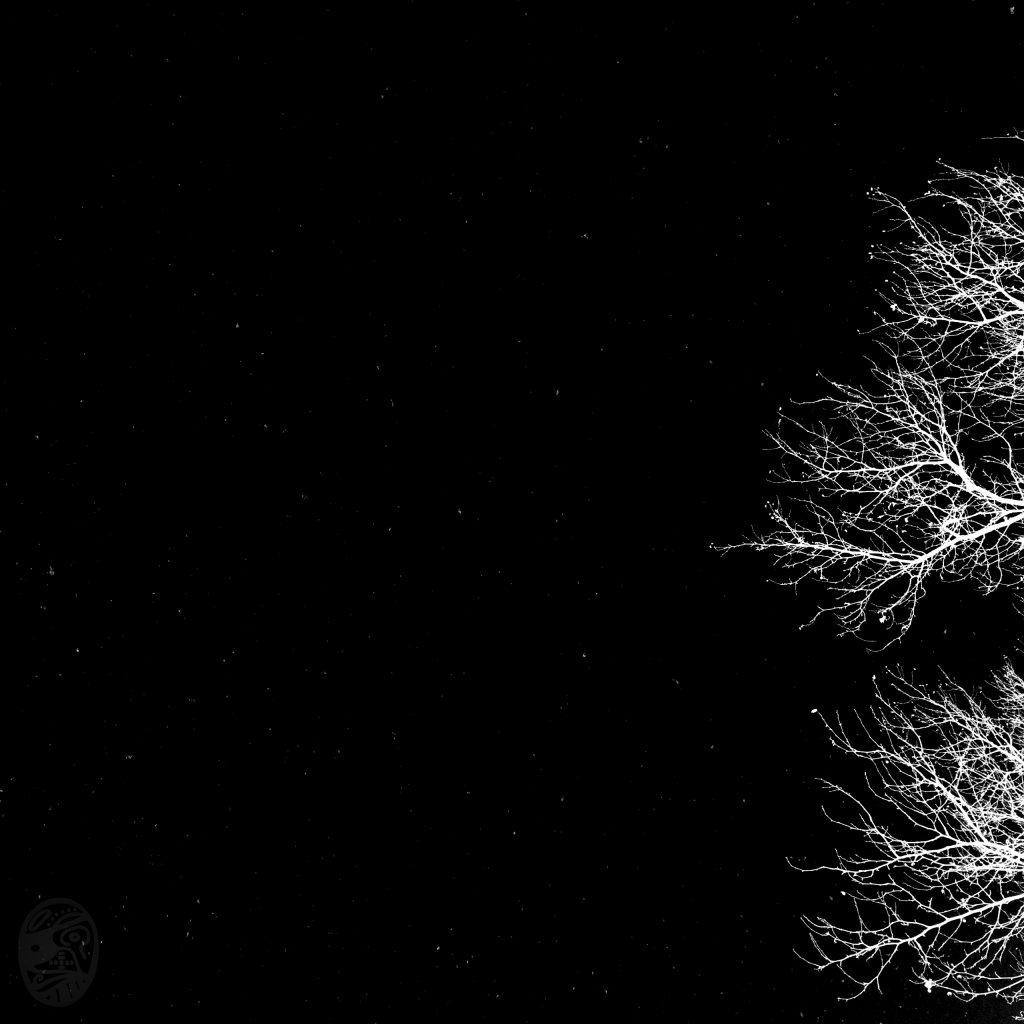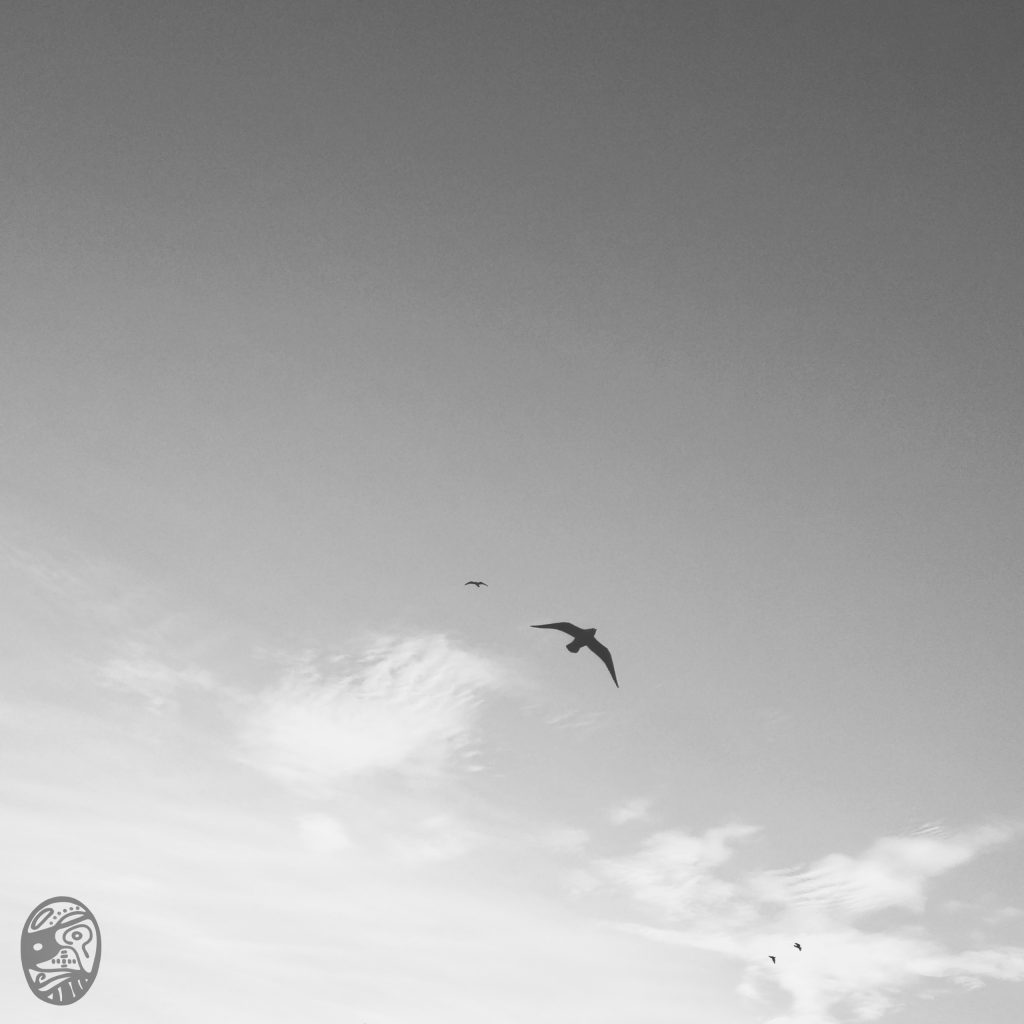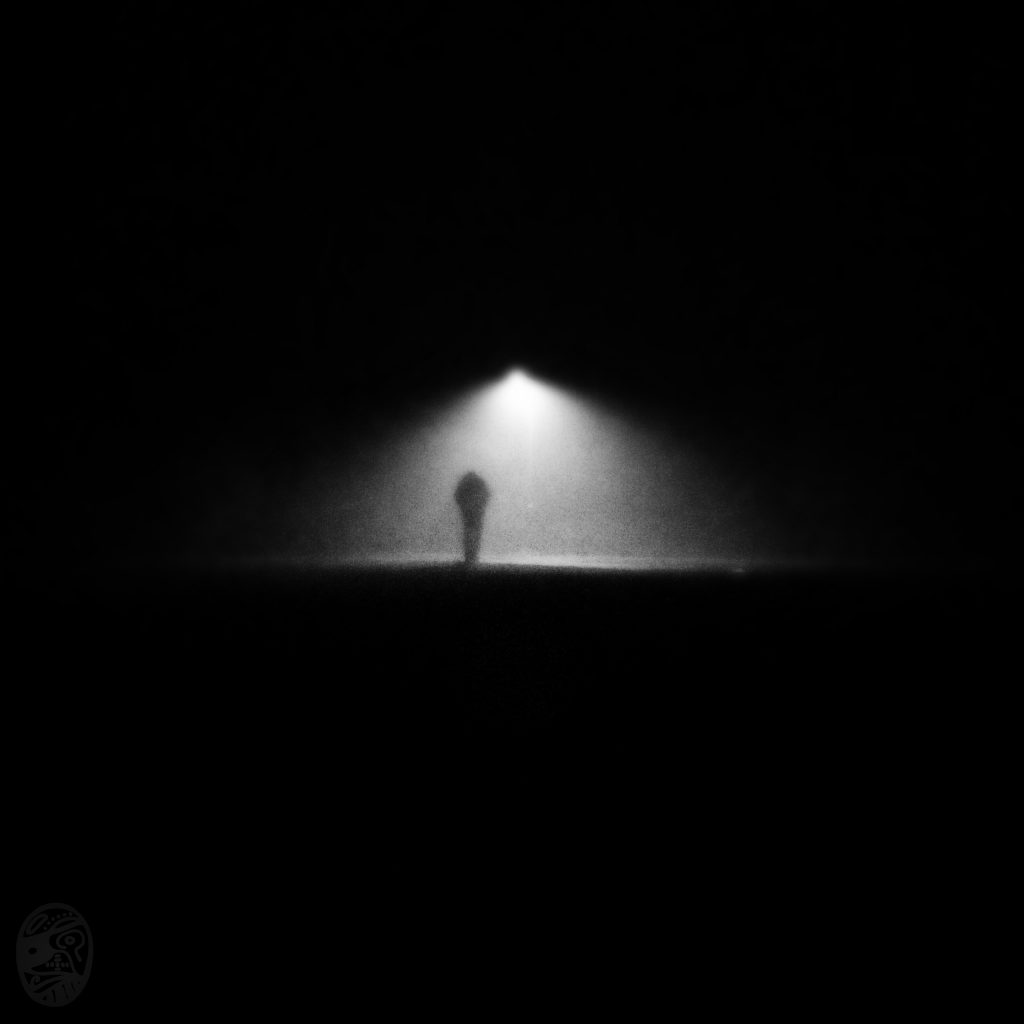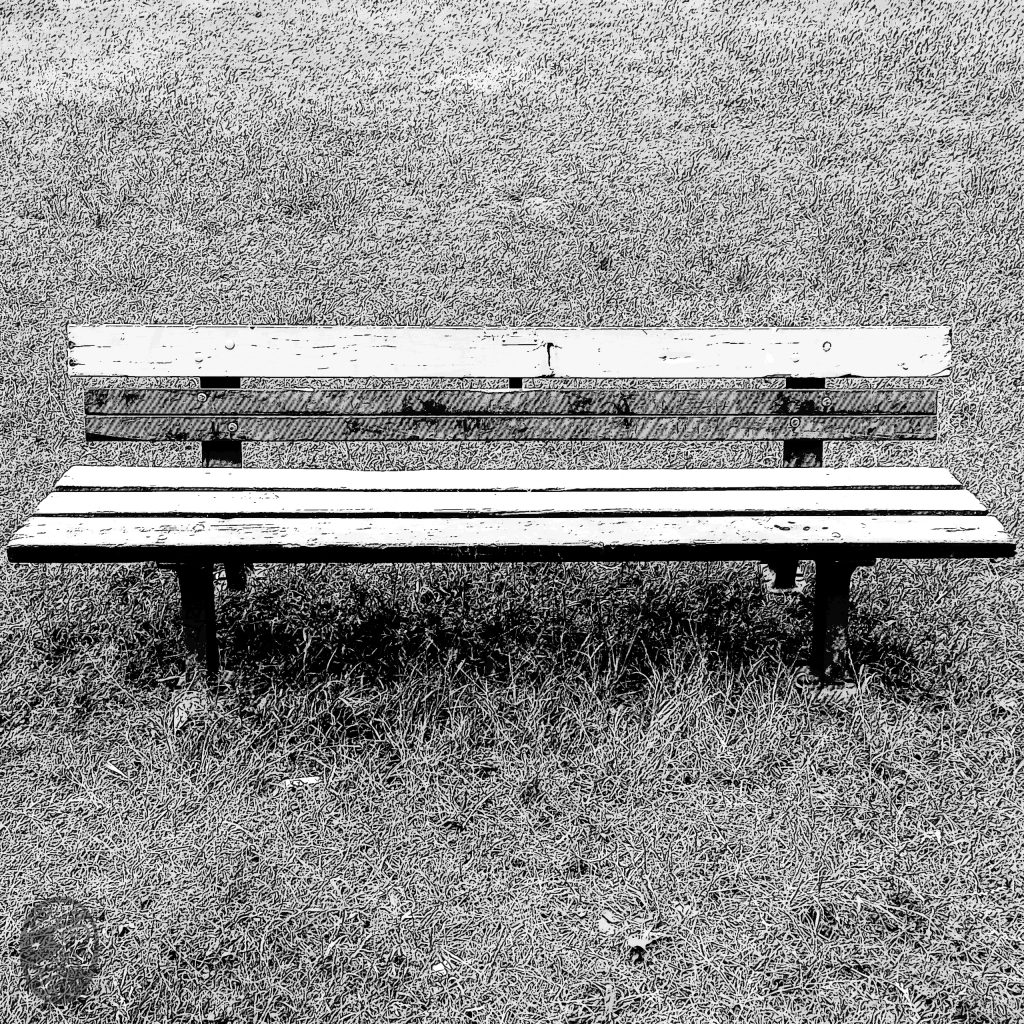
夕陽、黃昏|sUNSET, dUSK
面對不變現實,
美好確是短暫,既無奈也惋惜。
Facing uNCHANGING rEALITY,
sETTING sUN is indeed sHORT-lIVED, It is both hELPLESS and rEGRETFUL.
李商隱(約八一三年至八五八年,晚唐詩人及官員)-《登樂遊原》:
Li Shangyin*₁ (ca. 813-858, poet and official of the late Tang Dynasty) – “A visit to Leyou Garden”*₂:
囧囧囧
向晚意不適,
驅車登古原。
夕陽無限好,
只是近黃昏。
fEELING not well in the eVENING,
Took a carriage to aNCIENT gARDEN.
Setting sUN is infinitely bEAUTIFUL,
Just it is aLMOST dUSK.
囧囧囧
